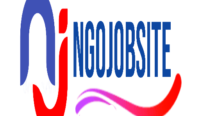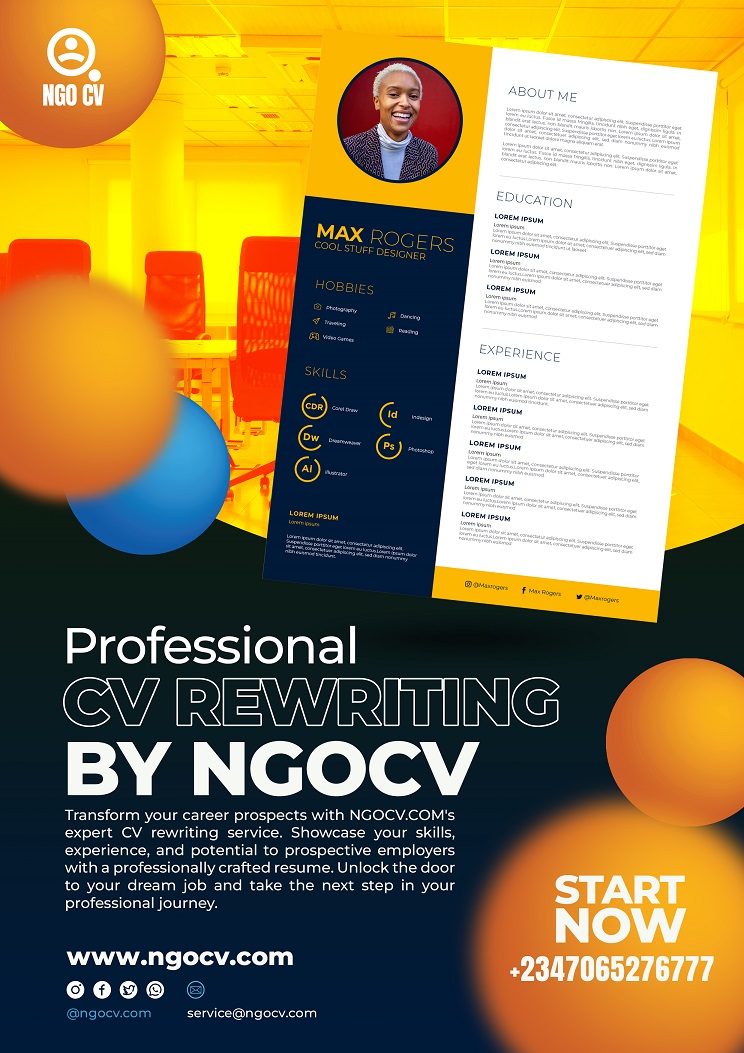
SUMMARY
The Carter Center and partners – the Federation of Muslim Women’s Association in Nigeria (FOMWAN), the Nasrul Lahi-L-Fatih Society (NASFAT) and the Women’s Wing of the Christian Association of Nigeria (WOWICAN) – are seeking a Nigeria-based consultant (or consultancy team or firm), to conduct a program scoping analysis with a strong gender focus. The “Mobilizing Faith for Women and Girls” Initiative aims to reduce discrimination and violence against women and girls through work with trained religious and traditional leaders and other influencers, who employ their spheres of influence to inform attitudes and practices towards cultivating an enabling environment within which women and girls experience improved human rights outcomes.
ABOUT THE CARTER CENTER’S “MOBILIZING FAITH FOR WOMEN AND GIRLS” INITIATIVE
The Carter Center is guided by the principles of our Founders, Jimmy and Rosalynn Carter. Founded, in partnership with Emory University, on a fundamental commitment to human rights and the alleviation of human suffering, the Center seeks to prevent and resolve conflicts, enhance freedom and democracy, and improve health.
The “Mobilizing Faith for Women and Girls” Initiative is inspired by themes explored at The Carter Center’s Human Rights Defenders Forums held over 2013-2019 and President Carter’s strong commitment to advancing women’s rights, as articulated in his book, A Call to Action: Women, Religion, Violence, and Power. The MFWG Initiative has, since its inception in 2015, organized field activities in Nigeria and Ghana that build links between religion, tradition-based, and secular movements, grounded in the Universal Declaration of Human Rights and other global human rights norms and treaties to achieve gender equality outcomes. In partnership with Tostan International, the Center has trained 182 religious and traditional leaders from Nigeria and Ghana on human rights-based approaches, participatory methodologies and community empowerment approaches. Through their spheres of influence, trained leaders have engaged their communities in dialogue on various human rights issues that focus on ending harmful traditional practices (including female genital cutting, early marriage and widow stigmatization), as well as promoting spaces for women and girls’ greater decision-making and assumption of leadership roles within their communities.
The Center is presently developing a new strategy for its MFWG program in Nigeria which builds on past experiences, while deepening the program’s community roots, as well as informing policies through engagement with a national and regional ‘Call to Action’ Network comprised of change agents (including religious and traditional leaders, gender justice advocates, media partners, government bodies, development partners and others). To aid development of The Carter Center’s MFWG strategy in Nigeria, The Carter Center and partners seek a Program Scoping Consultant.
CONSULTANCY OBJECTIVE & DELIVERABLES
Through remote/desktop review of past work, as well as field interviews in Nigeria with Initiative partners, the consultant is expected to undertake the following:
(a) Context Mapping and Stocktaking:
(i) Undertake review and stock-taking of previous programmatic work, including identify what worked/did not work towards improving human rights outcomes for women and girls at the community level.
(ii) Undertake remote/desktop research and key stakeholder interviews to identify gender equality challenges in Nigeria, specifically in 16 target communities (two identified communities each in Lagos, Enugu, Cross Rivers, Benue, Katsina, Bauchi and Kano States), while taking into consideration the differential vulnerabilities imposed by the intersection of gender identity, age, sex, ethnicity, religion, marital status, disability, geographical location and other factors.
(b) At the Meso level (i.e., community and Local Government Areas (LGAs)): **
(i) Undertake power and community asset mapping analyses to identify collective community-level and individual (various change actors’) Strengths, Weaknesses, Opportunities, Threats (SWOT) that impact women and girls’ human rights outcomes.
(ii) Identify local group of change actors in 16 target communities (i.e., women’s groups, religious and traditional leaders, elders) and their potential roles in creating enabling local environments within which women and girls can thrive.
(iii) Identify capacity strengthening needs of identified local actors (including religious and traditional leaders and influencers in target communities).
(iv) Together with local partners and communities, use a participatory/strengths-based approach to identify key program intervention strategies and baseline indicators that will refine and enhance the program’s Theory of Change.
(v) Conduct a preliminary baseline analysis based on identified indicators.
(c) At the Macro level (i.e., state and national levels):
(i) Identify faith/non-faith strategic partners (including government bodies/ministries, development partners, gender justice advocates/groups/networks, media partners, etc., in Nigeria).
The consultant will compile a final scoping report to be submitted to The Carter Center and partners no later than June 15, 2021.
SCHEDULE/TIME
This Terms of Reference (ToR) covers the period of May 1 to June 15, 2021. The Carter Center will contract an individual/firm for a minimum of 30 days and a maximum of 45 days (as required).
COSTS
Applicants are invited to submit a roadmap detailing methodology, number of consultancy days and daily consultancy rate.
Total payment will be calculated based on actual total number of days served by the contracted individual, and upon submission of an invoice for the same by the consultant to The Carter Center.
Local tax, and other liabilities, is the responsibility of the individual/firm contracted under this ToR.
OTHER
The contracted consultant(s) will not:
· Serve as an agent, representative, or partner of The Carter Center or partners.
· Enter into contracts or assume commitments in the name of, or as a representative of, The Carter Center or partners.
· Use the name, logos, or registered trademarks of The Carter Center or partners, or any abbreviation of such names, emblems or registered trademarks in connection with their activities or in any other way, without The Carter Center and partners’ express prior written approval for each particular case.
QUALIFICATIONS AND APPLICATION PROCESS
The consultant should have an advanced degree in international development, human rights, and/or gender with at least 10 years field experience in conducting qualitative and quantitative analysis on gender equality programs, adept at applying human rights-based and participatory approaches to community development, proven familiarity with Nigeria’s social, political, and cultural context, and must be able to write high quality reports in English.
We invite interested applicants to submit the following in support of their application:
- CV of individual consultant (or CVs in case of a team/firm);
- Expression of interest identifying consultant’s qualifications, and experience relevant to this consultancy;
- A technical proposal for the scoping study including proposed activities and workplan with time frame;
- Budget (separating core consultancy costs and daily rates of team-members and in-country data collection costs); and
- An example of previous similar work.
Selected consultant(s) will be expected to sign and abide by The Carter Center’s values and key policies.
How to apply
Please forward completed applications to [email protected], with “Program Scoping Consultant – Nigeria” in the subject line no later than April 18, 2021 (11:59 pm local time, Nigeria).




